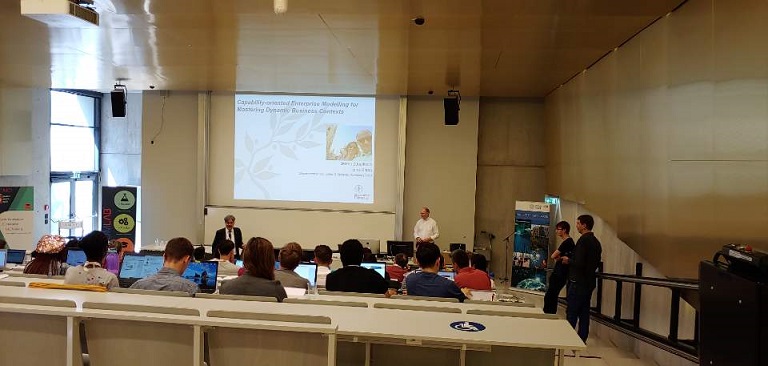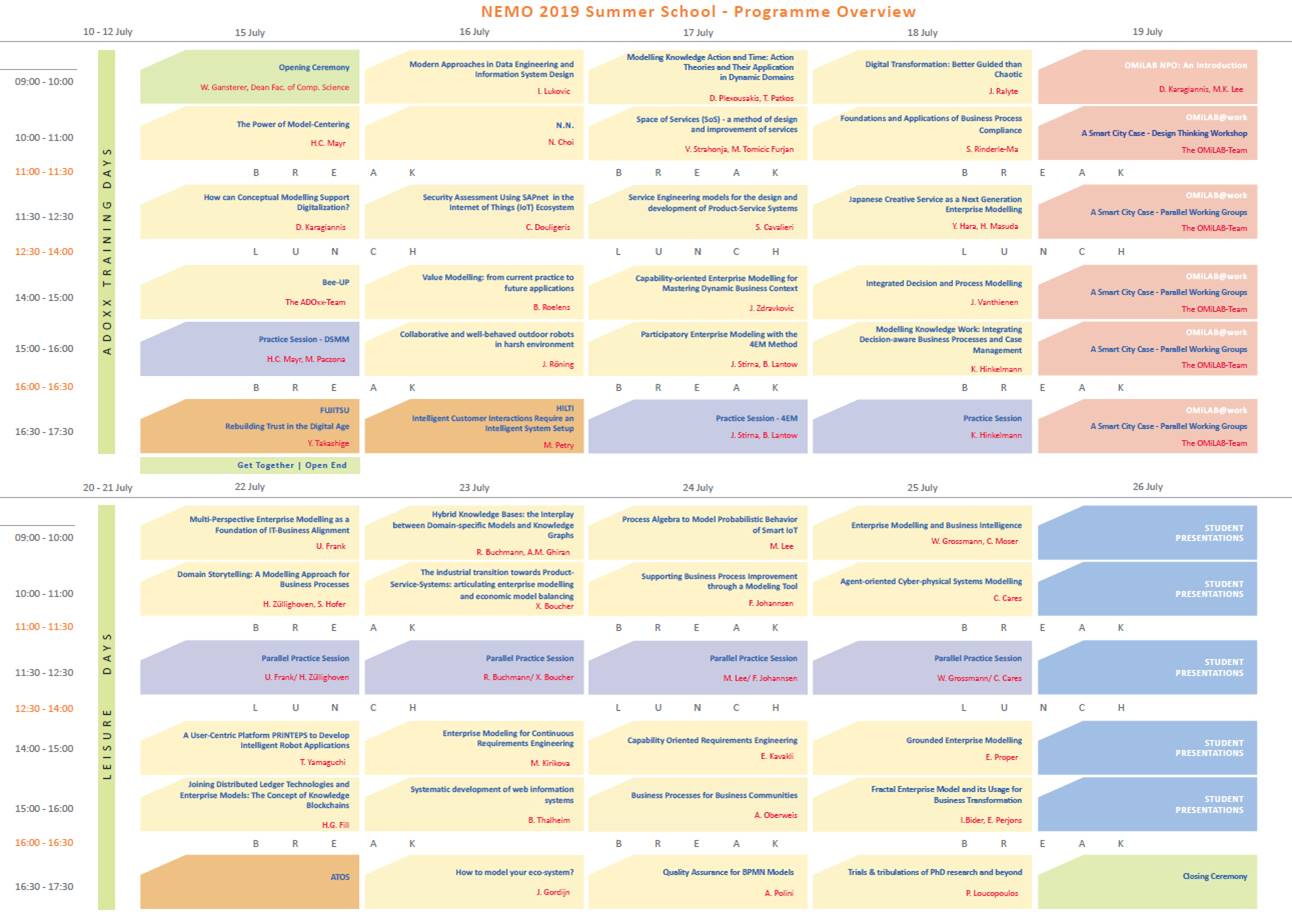
Modelling Knowledge Action and Time: Action Theories and Their Application in Dynamic Domains
Prof. Dr. Dimitris Plexousakis,Dr. Theodore Patkos, University of Crete and FORTH-ICS, Greece
Abstract
The modelling of knowledge, action and time is a topic of current research within the broader domain of knowledge representation and reasoning. The course will focus on declarative approaches for modelling and reasoning with change, paying particular attention to the integration of knowledge and action. As time is inherent in any type of activity and process, the course will also deal with the representation of temporal properties that characterize the occurrence of actions and the knowledge they generate. Practical aspects of reasoning about knowledge, action and time will be discussed in the context of solving constraint satisfaction problems for business process optimization. The ECAVI Event Calculus modelling tool, developed on top of the ADOxx metamodelling platform, will also be presented. ECAVI assists knowledge engineers in the process of axiomatizing causal domains.

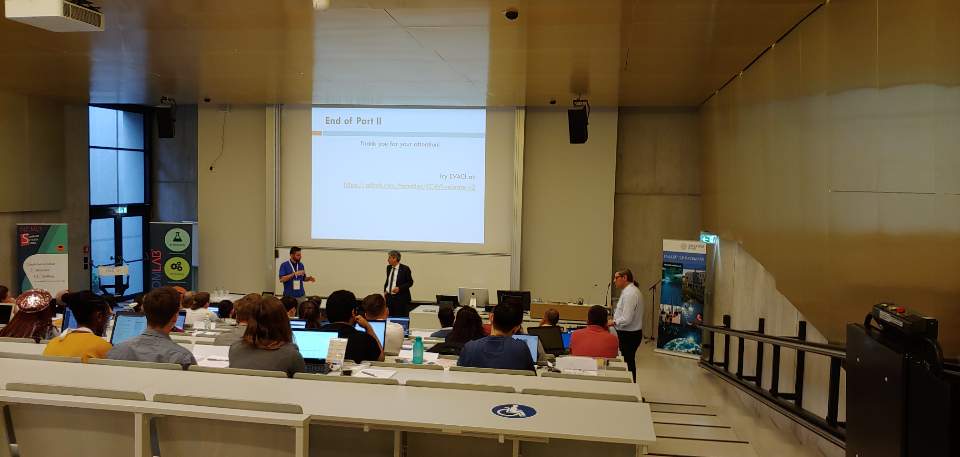
Space of Services (SoS), a method of design and improvement of services
Prof. Dr. Vjeran Strahonja, Dr. Martina Tomičić Furjan, University of Zagreb, Croatia
Abstract
Nowadays, the emphasis of methodology of business and information systems modelling is on digital transformation and user experience, especially on the application of existing or emerging methods, architectures and technologies in the context of service science and service engineering. With the idea of completing a set of methods and techniques for designing services and digital transformation, the Space of Services (SoS) method has been developed. The method allows us to position and consider some service in relation to other services and add value to it. The method is complementary to the usual service design methods that include structural and functional aspects as well as interaction with the user. Services are multidimensional (content of services / service facility / work intensity / service delivery location / availability of services / formalization of relationships / scalability....). SoS is trying to overcome the complexity by reducing the number of dimensions that we observe at the same time to pairs. In addition to analysis in the SoS, special attention will be paid to the methods and tools offered by OMiLAB, which can achieve the desired design.
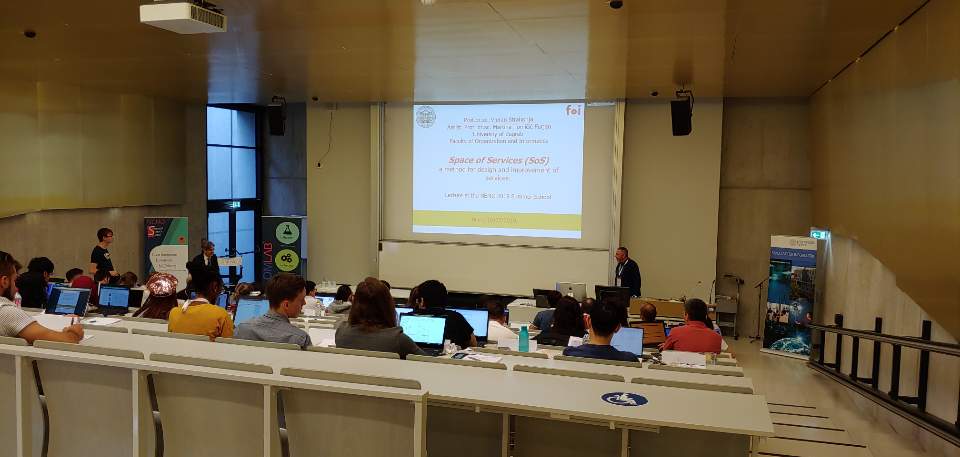
Service Engineering models for the design and development of Product-Service Systems
Prof. Dr. Sergio Cavalieri,University of Bergamo, Italy
Abstract
The design and development of a Product–Service System (PSS) raises new issues since the service component introduces further requirements than traditional product engineering. Compared to physical products, services are generally under-designed and inefficiently developed. Approaches such as New Service Development, Service Design and Service Engineering have emerged during the years to support the design and development of service either as a system itself or as a constituting element of a PSS. In particular, Service Engineering investigates service design and development with a systematic perspective and with a seamless integration of product and service contents. Purpose of the lecture is to provide a holistic conceptualization and an up-to-date analysis of the current state of the art on Service Engineering models with a specific focus on their adoption in the PSS context. A critical analysis is also performed with the aim to define a research agenda and the most prominent key actions that could give directions for future research.
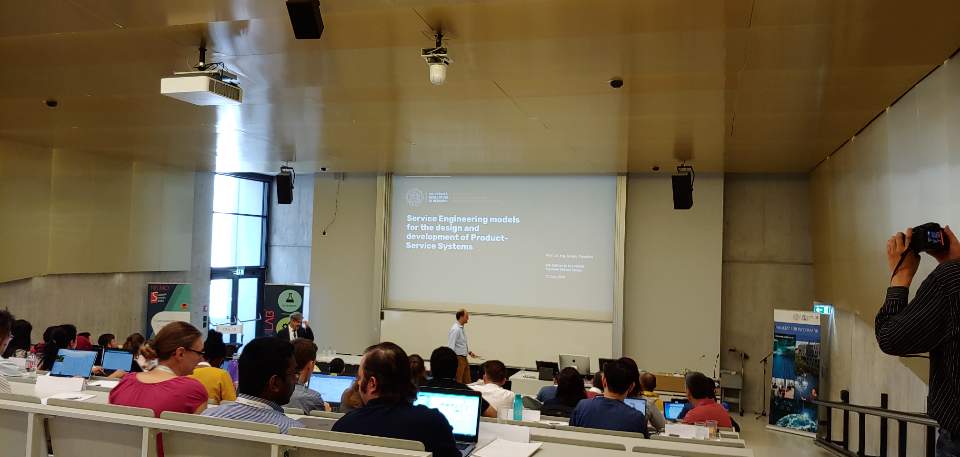
Capability-oriented Enterprise Modelling for Mastering Dynamic Business Contexts
Prof. Dr. Jelena Zdravkovic, Stockholm University, Sweden
Abstract
A significant objective of today’s enterprise Information Systems (IS) is to be congruent with the business environments which they are meant to support. A major concern is how Information Systems can successfully adapt to support frequent variations in business conditions originating, for instance, from changes in customers’ demand, environmental aspects, regulations, and many others. The need for enterprises to operate in changing environments has been addressed by proposing a capability-oriented approach that integrates organizational development with IS development taking into account changes in the application context of the solution. It requires a number of organizational concepts to be modelled, such as business goals, processes, resources, Key Performance Indicators (KPIs), as well as the data for describing business environmental contexts for organization’s capabilities. In the talk, I intend to outline the capability-oriented approach for supporting model-driven organisations, as well as to present the experiences of developing capability-oriented enterprise models for industrial and data-driven cases.
